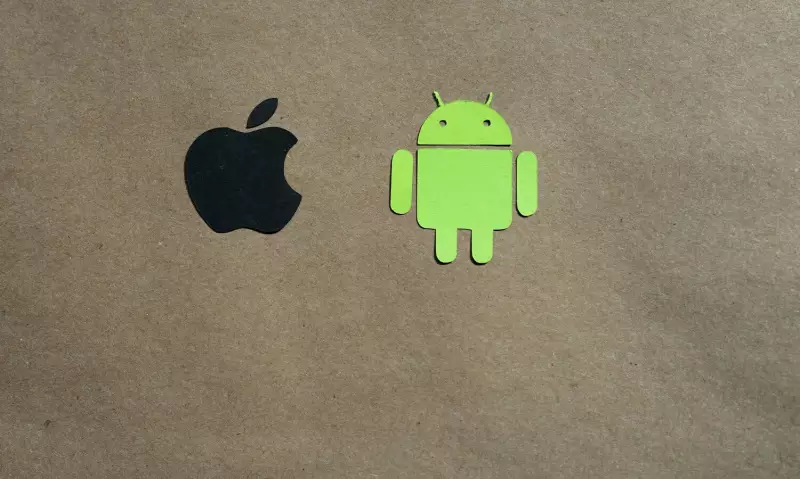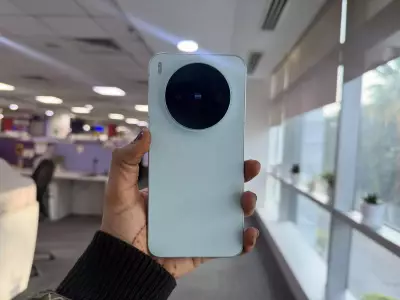
In a surprising revelation that's sending shockwaves through the smartphone community, Google has released research indicating that Apple iPhone users face significantly higher risks from scam calls and fraudulent text messages compared to their Android counterparts.
The Stark Numbers Behind the Security Gap
According to Google's comprehensive analysis, iPhone users are substantially more likely to encounter suspicious calls and potentially dangerous text messages. The data suggests this security disparity isn't just marginal – it represents a concerning vulnerability in Apple's messaging ecosystem that affects millions of users worldwide, including here in India where smartphone scams are increasingly sophisticated.
Why iPhones Are More Vulnerable
The core issue lies in the fundamental differences between how Apple and Android handle messaging security. While Android devices benefit from Google's advanced spam detection algorithms and real-time threat analysis built directly into the operating system, Apple's more closed messaging system creates security blind spots.
Key factors contributing to iPhone vulnerability include:
- Limited third-party spam detection integration in iOS
- Apple's restrictive approach to messaging app functionality
- Delayed implementation of advanced spam filtering features
- Differences in how iMessage and standard SMS are handled
What This Means for Indian Smartphone Users
For the massive smartphone user base in India, where both iOS and Android have significant market presence, this research highlights critical security considerations. Indian consumers, who are increasingly targeted by sophisticated phone scams and financial fraud attempts, need to be particularly aware of these platform-specific vulnerabilities.
The findings come at a crucial time when digital payment frauds and phone-based scams are becoming more prevalent across the country, making smartphone security a top priority for all users.
Protecting Yourself Regardless of Your Device
While the research highlights platform differences, both iPhone and Android users should take proactive security measures:
- Never share personal or financial information via unsolicited calls or messages
- Enable all available spam protection features in your device settings
- Verify the authenticity of messages claiming to be from banks or government agencies
- Keep your device's operating system updated with the latest security patches
- Use additional security apps where available and trustworthy
As the smartphone security landscape continues to evolve, this Google research serves as an important reminder that no platform is completely immune to threats, and user awareness remains the first line of defense against increasingly sophisticated digital scams.





